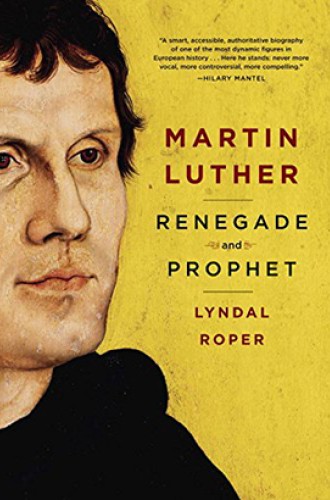Martin Luther in all his complexity
Lyndal Roper's biography is a masterpiece of nuance and balance.
Martin Luther’s admirers have lauded him as a prophet of the gospel, claimed divine inspiration for his theology, and pictured him as a fearless champion of gospel truth. His detractors have portrayed him as a destroyer of Christian unity, accused him of subconsciously projecting upon God his conflicts with his father, and emphasized how he moderated his message to maintain the support of repressive and nondemocratic princes.
In Oxford historian Lyndal Roper’s account Luther appears in his full complexity—theologically driven and politically shrewd, a religious visionary whose thought and life were deeply shaped by his friends and coworkers in Wittenberg.
Roper demonstrates an extraordinary balance of perspective. Employing a full range of scholarly methods, she resists the temptation to claim that any single conflict fully explains Luther’s theology or actions. For example, rather than positing that Luther’s view of God came simply from the reformer’s conflict with his father, she subtly but illuminatingly wonders whether growing up in the mining town of Mansfield gave Luther a sense of the “omnipresence of uncertainty, danger, and risk, . . . which settled in Luther’s soul and gave him a deep conviction of the omnipotence of God: a sense that human beings are utterly exposed in their dealings with him.” Such provocative but historically grounded musings fill the book.






